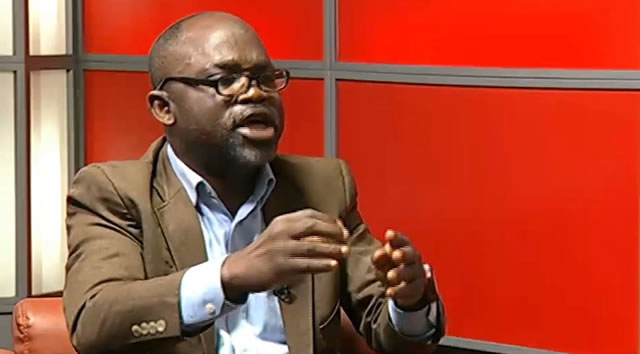By Peter Omopo
Abuja, July 20, 2025 — The Socio-Economic Rights and Accountability Project (SERAP), alongside four Nigerian citizens, has filed a lawsuit against the Federal Government at the ECOWAS Community Court of Justice over its continued refusal to publish the forensic audit report of the Niger Delta Development Commission (NDDC).
According to SERAP, the audit report, which was commissioned by former President Muhammadu Buhari in 2019, allegedly uncovers the disappearance of over ₦6 trillion from the NDDC between 2001 and 2019, implicating top government officials and politicians.
The suit, marked ECW/CCJ/APP/35/25 and filed last Friday, seeks a declaration that the Federal Government’s failure to release the report violates Nigeria’s international human rights obligations. SERAP and the co-plaintiffs are urging the court to compel the government to publish the report and ensure full public access to its findings.
Kolawole Oluwadare, SERAP’s Deputy Director, disclosed the legal action in a statement released on Sunday. He said the lawsuit was prompted by the government’s persistent secrecy and failure to explain why the report remains unpublished.
Among the plaintiffs are Prince Taiwo Aiyedatiwa, Chief Jude Igbogifurotogu Pulemote, Ben Omietimi Tariye, and Princess Elizabeth Egbe. Legal representation is being provided by Oluwadare alongside Kehinde Oyewumi and Andrew Nwankwo.
In the suit, SERAP also referenced a recent allegation by FCT Minister Nyesom Wike, who claimed that a former minister’s wife received ₦48 billion over 12 months to “train Niger Delta women.” This, the group says, further underscores the urgent need for transparency and public scrutiny.
The plaintiffs argue that the refusal to publish the report is a deliberate obstruction of the truth and a violation of the right to information guaranteed under Article 9 of the African Charter on Human and Peoples’ Rights and Article 19 of the International Covenant on Civil and Political Rights, both of which Nigeria has ratified.
“The Nigerian government has violated our right to know the truth about the corruption allegations documented in the NDDC forensic report. The continued secrecy amounts to impunity and shields perpetrators from accountability,” the statement read.
They emphasized that access to the audit findings is essential for public oversight, accountability, and citizen participation in governance. “Transparency is the rule, secrecy the exception. The burden is on the government to prove any justification for withholding the report, in line with international human rights norms,” the suit added.
SERAP maintains that the report does not fall under any security-related classification and therefore should not be withheld. “This is not about national security—it is about the proper use of public funds and the right of citizens to demand accountability,” the group said.
As of press time, no hearing date has been set by the ECOWAS Court.
The forensic audit was initially ordered amid widespread allegations of corruption and mismanagement at the NDDC. Though the report was submitted to the government, it has not been made public, drawing criticism from civil society groups and citizens across the Niger Delta region.

